The short answer is “mostly.”
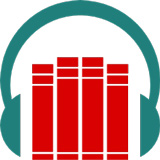
So according to the simple model, listening to an audio book is exactly like reading print, except that the latter requires decoding and the former doesn’t.
Is the simple view right?
Some predictions you’d derive from the simple view are supported. For example, You’d expect that a lot of the difference in reading proficiency in the early grades would be due to differences in decoding. In later grades, most children are pretty fluent decoders so differences in decoding would be more due to processes that support comprehension. That prediction seems to be true (e.g., Tilstra et al, 2009).
Especially relevant to the question of audiobooks, you’d also predict that for typical adults (who decode fluently) listening comprehension and reading comprehension would be mostly the same thing. And experiments show very high correlations of scores on listening and reading comprehension tests in adults (Bell & Perfetti, 1994; Gernsbacher, Varner, & Faust, 1990).
The simple view is a useful way to think about the mental processes involved in reading, especially for texts that are more similar to spoken language, and that we read for purposes similar to those of listening. The simple view is less applicable when we put reading to other purposes, e.g., when students study a text for a quiz, or when we scan texts looking for a fact as part of a research project.
The simple view is also likely incomplete for certain types of texts. The written word is not always similar to speech. In such cases prosody might be an aid to comprehension. Prosody refers to changes in pacing, pitch, and rhythm in speech. “I really enjoy your blog” can either be a sincere compliment or a sarcastic put-down—both look identical on the page, and prosody would communicate the difference in spoken language.
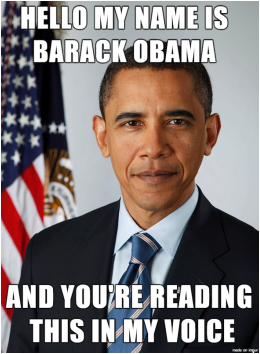
But most of the time it doesn’t, because most of what you listen to is not that complicated. For most books, for most purposes, listening and reading are more or less the same thing.
So listening to an audiobook is not “cheating,” but let me tell you why I objected to phrasing the question that way. “Cheating” implies an unfair advantage, as though you are receiving a benefit while skirting some work. Why talk about reading as though it were work?
Listening to an audio book might be considered cheating if the act of decoding were the point; audio books allow you to seem to have decoded without doing so. But if appreciating the language and the story is the point, it’s not. Comparing audio books to cheating is like meeting a friend at Disneyland and saying “you took a bus here? I drove myself, you big cheater.” The point is getting to and enjoying the destination. The point is not how you traveled.
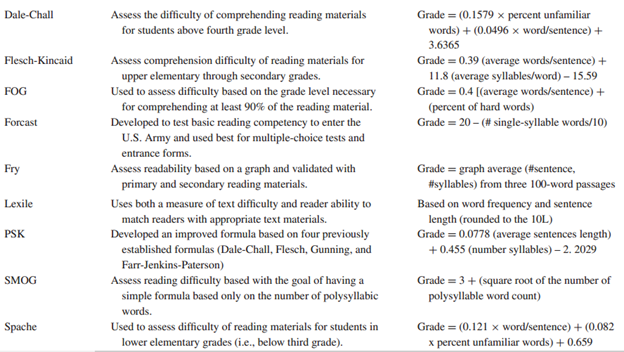

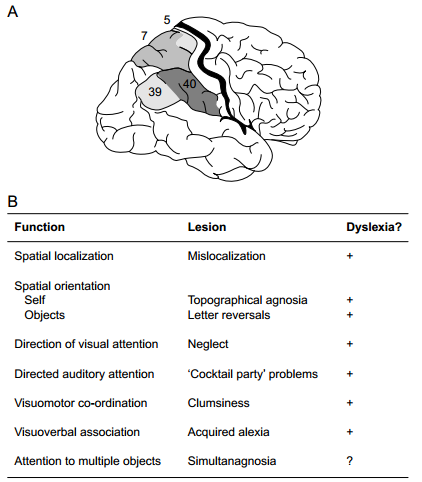

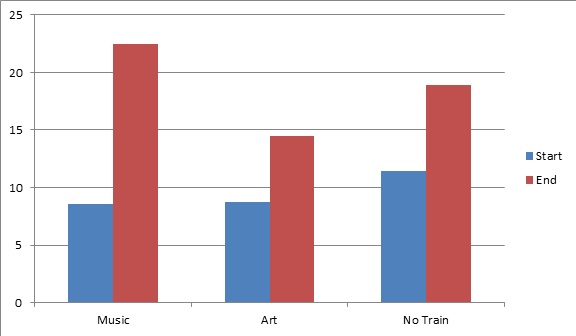


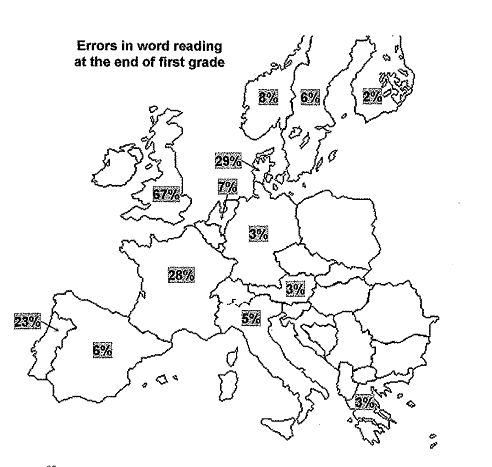
 RSS Feed
RSS Feed